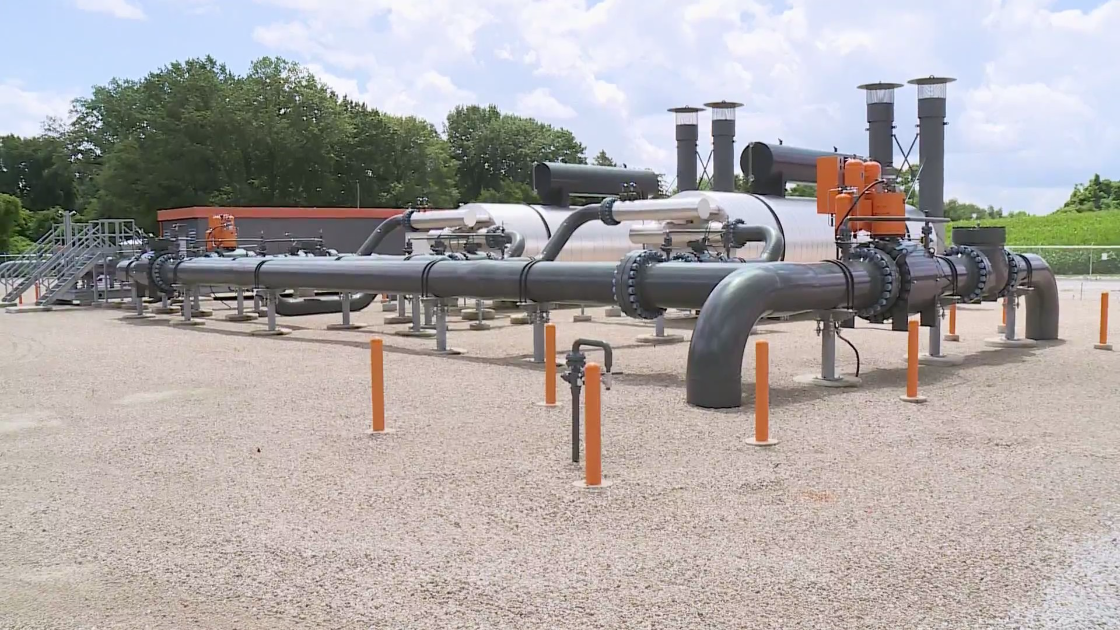ST. LOUIS — The Federal Energy Regulatory Commission issued a temporary emergency certificate for the Spire STL Pipeline to continue operating in the greater St. Louis area.
Spire must accept the certificate in writing within three business days, on Dec. 8, in order for the extension to take effect.
Customers had received an email from the utility in November, warning of a potential shutdown on Dec. 13 as the company is involved in a legal battle with the federal government to keep operations running.
In June, the U.S. Court of Appeals ruled that the approval for the 65-mile long pipeline in 2018 was unlawful. The following month, Spire submitted an application for a temporary certificate seeking to continue operations to serve customers through the 2021-22 winter heating season. The FERC’s order on Friday will allow the Pipeline to continue operations while the commission reviews its long-term approval.
“Since becoming fully operational in 2019, the STL Pipeline has proven to be a critical source of energy supply for more than 650,000 Missouri homes and businesses,” said Scott Smith, president of the Spire STL Pipeline, in a press release. “It’s delivered a strong performance, reduced emissions, and improved natural gas reliability across the St. Louis region.”
Spire had asked the U.S. Supreme Court in October to allow it to keep operating to no avail. The court ruled that the Federal Energy Regulatory Commission “failed to adequately balance public benefits and adverse impacts” of the pipeline. The court also questioned the pipeline’s necessity.
“We are confident that when people have an opportunity to review the proven benefits of the STL Pipeline and current market conditions they will agree that there is a critical need to keep fully operational infrastructure in service to ensure continued access to reliable, affordable energy for homes and businesses in the greater St. Louis region,” said Smith.
Friday’s order requires Spire to continue restoration activities but does not authorize construction of any additional facilities.
Suggest a Correction
